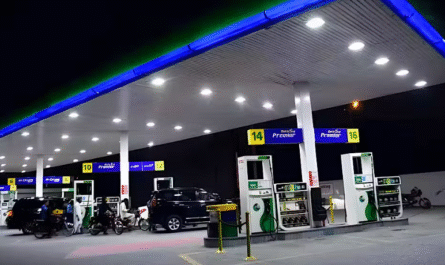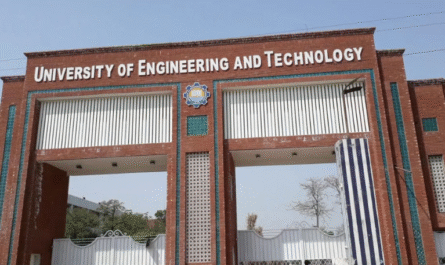🚗 Govt Raises Prices of All Small & Electric Cars After Budget Shake-Up
In the 2025–26 federal budget, the government overhauled vehicle taxation—from fees to registration levies—for both conventional small cars and electric vehicles (EVs). These changes mean higher costs at nearly every level of car ownership. Here’s a breakdown:
🔧 1. Sharp Increase in Vehicle Transfer & Registration Fees
The Ministry of Finance has hiked transfer fees for cars across all engine sizes—and notably, has introduced them for electric :
- Small cars (≤1,000 cc): Transfer fees jumped from ₨ 1,200 to ₨ 2,750
- Mid-size (1,001–1,800 cc): ₨ 2,000 → ₨ 5,500
- Large (>1,800 cc): ₨ 3,000 → ₨ 11,000
- EVs by battery capacity:
- ≤50 kWh: ₨ 2,500
- 51–100 kWh: ₨ 5,500
- 100 kWh: ₨ 10,000
Even zero-emission vehicle owners now face registration costs similar to ICE car owners.
💵 2. Flat 18% Sales Tax Replaces Lower Brackets
The budget has replaced multiple GST brackets with a uniform 18% rate on all vehicles, increasing tax on smaller, previously lower-taxed cars:
- Small car buyers now pay around ₨ 137,500 extra on a ₨ 2.5 million vehicle.
- Cars once under 12.5% GST are being hit harder by the new flat rate.
🔄 3. Value-Based Advance Withholding Tax (WHT)
Tax calculation has shifted from engine size to vehicle price under value-based WHT . For instance:
- Cars ≤850 cc now attract 0.5% of their value rather than a fixed token fee.
- WHT rates escalate sharply with higher-priced vehicles—up to 12% for luxury models .
⚡ 4. EV & Hybrid Tax Hurdles
Despite earlier incentives, the budget now:
- Withdraws customs-duty exemptions for hybrid and luxury EVs priced over $50k .
- Raises sales tax on EVs that previously had reduced rates under AIDEP policy .
The policy shift is viewed as contradictory to green mobility promises and risks dampening EV uptake .
📊 Impact Snapshot
| Fee Type | Increase/Change |
|---|---|
| Transfer Fees | ₨ 1,200 → ₨ 2,750 (small cars) |
| Sales Tax | Flat 18% on all vehicles |
| Advance WHT | Value-based up to 12% |
| EV Registration Fees | ₨ 2,500–₨ 10,000 (by kWh) |
Combined, these measures raise upfront costs significantly for small cars and EVs.
⚠️ Why It Matters
- Small car buyers face a double hit: higher GST and now registration and WHT fees.
- EV adoption takes a hit: increased ownership costs threaten Pakistan’s green transition.
- Policy tension: Tax hikes conflict with stated goals under AIDEP and the national EV roadmap .
- Budget-driven pressures: Fiscal needs seem to be prioritized over long-term green vehicle strategy.
✅ What Buyers & Next Steps
- Buyers should calculate full ownership costs: beyond showroom price, factor transfer fees, WHT, and registration.
- Policy advocates can lobby for scaled-back taxes or exemptions to sustain EV momentum.
- Industry stakeholders must clarify cost structures and campaign for consistent green incentives.
🧭 Final Thoughts
Budget 2025–26 restructures vehicle taxation across the board—from small hatchbacks to electric cars. That means more expensive ownership, even for previously exempt or low-tax vehicles. While aimed at boosting revenues, these changes undermine the broader push toward affordable, sustainable mobility in Pakistan.
The message to government: Rebalance revenue goals with green mobility targets. Otherwise, small car buyers and EV users will pay the price—in more ways than one.



